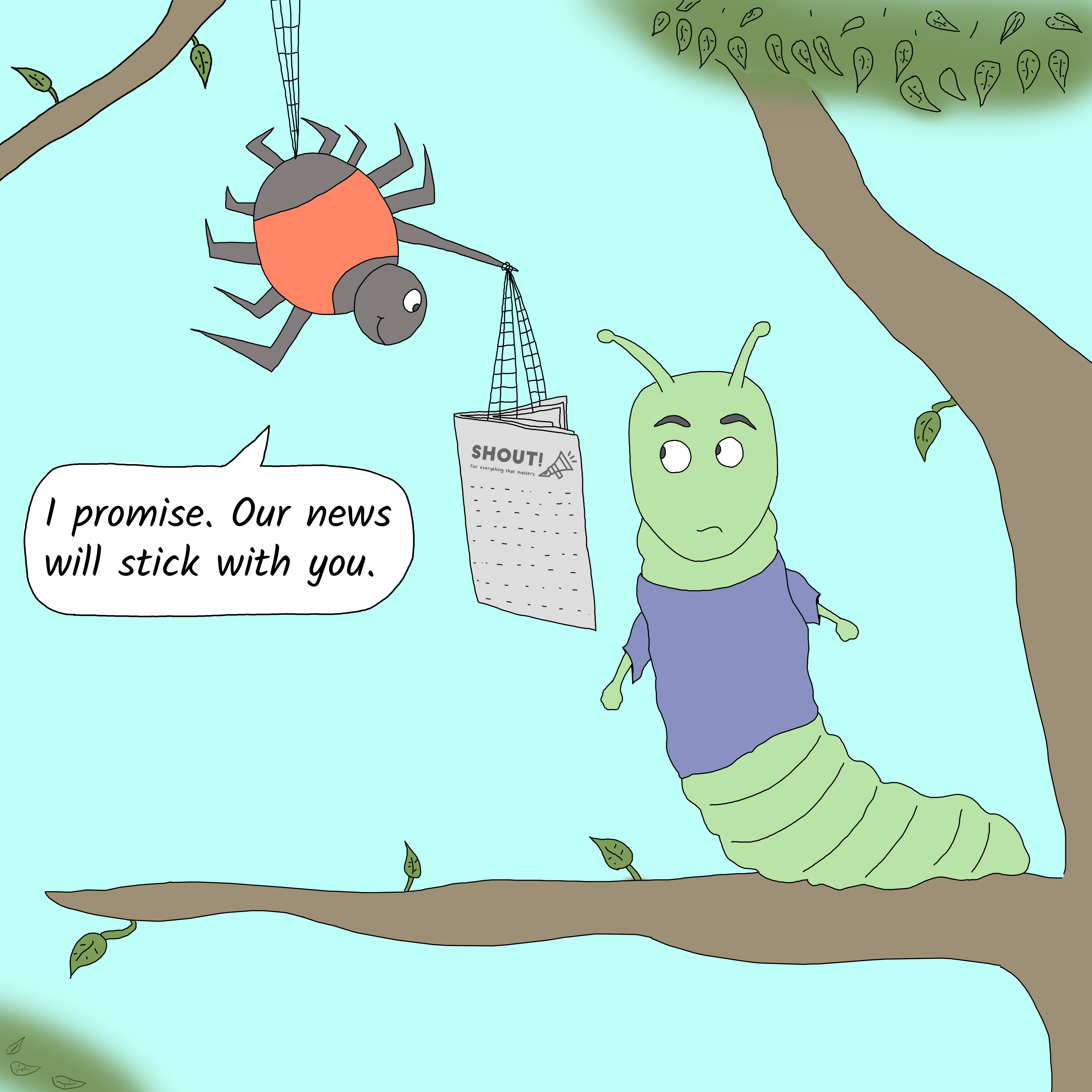Capitalism isn’t right or wrong. It’s a suggested system of existence. An economic system where the forces of market demand and supply determine the production, distribution and possession of resources, goods and services. There’s all sorts of criticism out there for it. But, do we have an alternative? Freedom has worked far better for economies than being governed by oppressive regimes. We all want the greatest good for the greatest number. And while we want to co-exist, we also want to luxuriate in the fruits of our own labour. That sometimes creates a ladder with a few of us on the upper rungs and a lot of us on the lower ones. The question is, are we giving back how much we should? Are we sharing the good? Or is it sitting in our bellies, making us heavy with disunity and disparity?
And so we ask,
IS THERE SUCH A THING AS “GOOD CAPITALISM”?
Here are some very elaborate and thoughtful responses…
I think that the failures of all society structures have not been due to the structure itself, but the people who abuse it. Take communism for example: not inherently a bad idea to have all people equal monetarily, but it has never worked because it quickly leads to dictatorship in every case. I think the same goes for capitalism: it’s not an inherently bad structure, but selfishness on the part of the top 1% has devastating consequences. I think the important thing in any society structure is to close the loopholes that allow abuses of the system.
– Deepti Mathur
Capitalism makes dignified living a subject of availability and not of a basic fundamental right. When quality is offered as a premium service but not as basic service, the less privileged struggle to survive. Also, capitalism is interested in monetized knowledge and not knowledge itself. So, we apply math to arrive at prices but still go horribly wrong on beds needed, mouths to be fed and homes to be built for the homeless. It loves hierarchy and justifies and protects it.
So, despite the fiscal stimulus, the incentives and many other measures, the fictional economy is still struggling though real lives are being sacrificed without hesitation. What else is this but the curse of the currency based system that was ill prepared to manage an exceptional crisis that has exposed all the ills of consumerism, lopsided distribution of resources, inequality, etc.
What justifies continuing with this system in a period where the solution is still not in sight, where people aren’t in a position to earn their living and yet are expected to pay for everything? Ideally, the focus should have only been on essentials, food, medicines and emergency services. All other businesses are not more important than saving lives. Economists are busy calculating notional losses but never bothered to apply math to find out how many beds are needed, how many oxygen cylinders are required and how many test kits will be necessary. Experts need to come up with a critical assessment of the currency based system that has been exposed badly. Dignified living is a fundamental right and not a laurel achieved on basis of merit. A system that cannot protect this fundamental right needs to be questioned, criticised and bettered. If the right steps are not taken, conflicts will take place between vendors and companies, between parents and schools for fees, between employees and employers….
– Saurabh Turakhia
So, if you’ve found your answer,
That’s all from THE QUESTION.
DISCLAIMER: The SHOUT! Network welcomes guest posts on its website. The statements, views and opinions expressed within these guest posts are those of the author alone and do not necessarily represent those of The SHOUT! Network and its associated writers. Whilst we endeavour to ensure the accuracy, applicability and completeness of the content on the website; no warranty or guarantee, express or implied, is given with respect to our guest posts. The SHOUT! Network is neither liable nor responsible to any person or entity for any errors or omissions, or for any offense caused from such content. The copyright in and arising out of guest post belongs to the author alone and any liability with regards to infringement of any rights including intellectual property rights remains with them.















